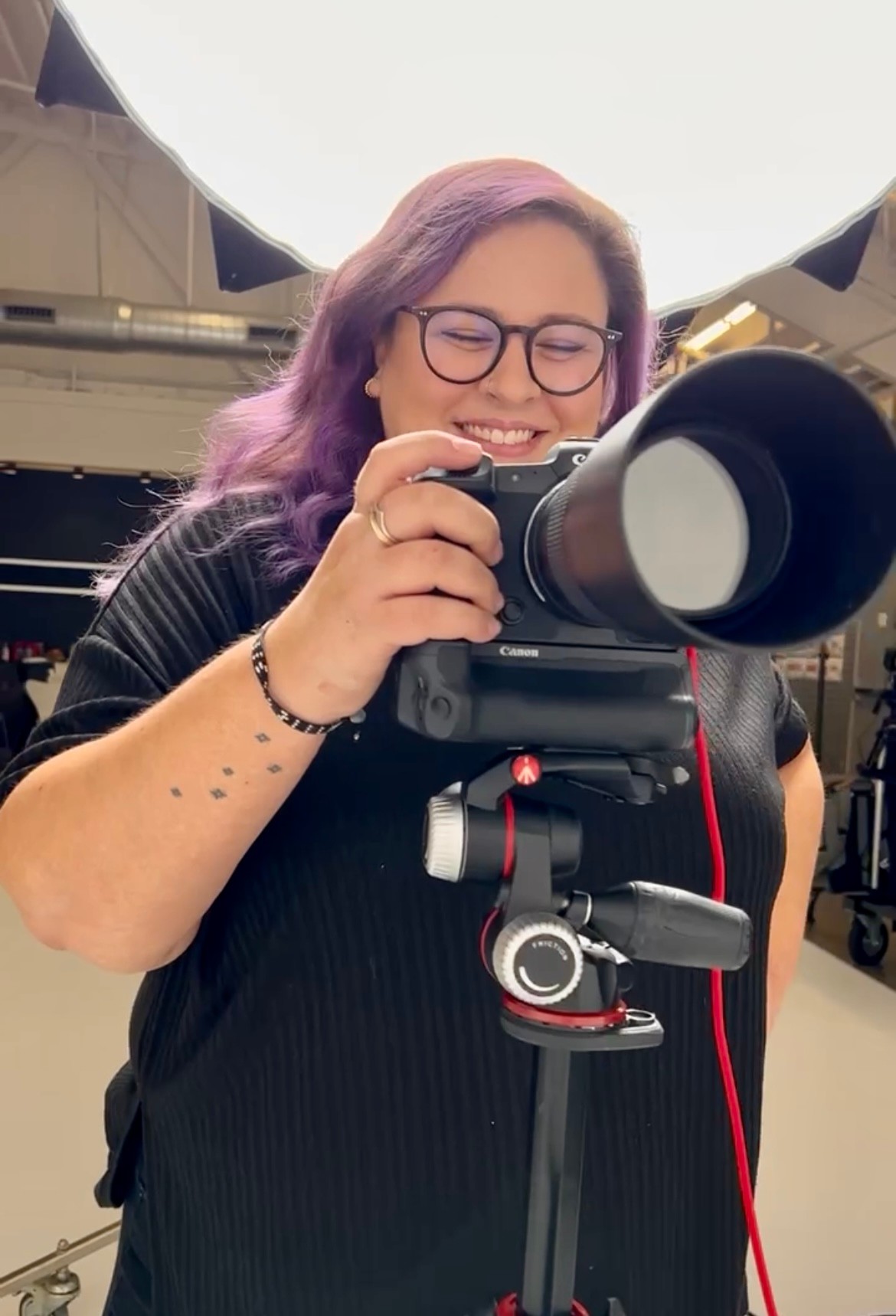We recently connected with Rebecca Grant and have shared our conversation below.
Rebecca, thanks for joining us, excited to have you contributing your stories and insights. Learning the craft is often a unique journey from every creative – we’d love to hear about your journey and if knowing what you know now, you would have done anything differently to speed up the learning process.
I believe that learning your craft is one of the most important parts of having a creative business. You can be a great business person, but if your creative & technical skills are lacking you will be marketing a business that may never go very far. Learning your craft, in this case, photography, is also not something that only happens one certain way, or happens overnight, you will probably learn something new every time you pick up the camera.
My learning truly began in my childhood, growing up in NYC and being exposed to galleries, museums and art programs that pushed my creativity. I was inspired to create and started truly learning how a camera worked in High School. When I decided to further my photo education in college, is when my growth truly sprung forward leaps and bounds. I was immersed in creative and technical photo related classes every day for 4 years. I didn’t just learn about the creative side of the craft but learned a lot about the technical… how light works, how lenses work and everything in between. I know that understanding all the in’s and out’s of cameras & lighting puts me more at ease when I have big jobs because I know I have the understanding to accomplish exactly what I set out to.
After college, my photo career took on many forms. I learned new things in a multitude of ways- assisting others, retouching, working in studios and on set with the gear and ultimately spending time to test shoot as much as possible. Test shooting alone is one of the best learning opportunities you can give yourself. It is that time for you to create for yourself and not a client so you can spend the time you need to try new things, play with different lighting and really push yourself in ways you may not always do when on a shoot for a client.
You can treat a test shoot like a paid job and run through it from beginning to end. Start with a concept and a moodboard. Build your team, and work on those relationships. Produce your shoot, plan your lighting and work through your concept. Follow through with post production to get the final images exactly where you want them. Now do that at least once a month for the rest of your career! Giving yourself the chance to work through every step will help prepare you even better for the next time a client approaches with a budget, a concept and they want you to run with it!
If you ever feel like you’ve made it and you are doing your best work, check yourself. You should never stop learning. Learning is a lifelong process, both for ourselves and our businesses and craft.
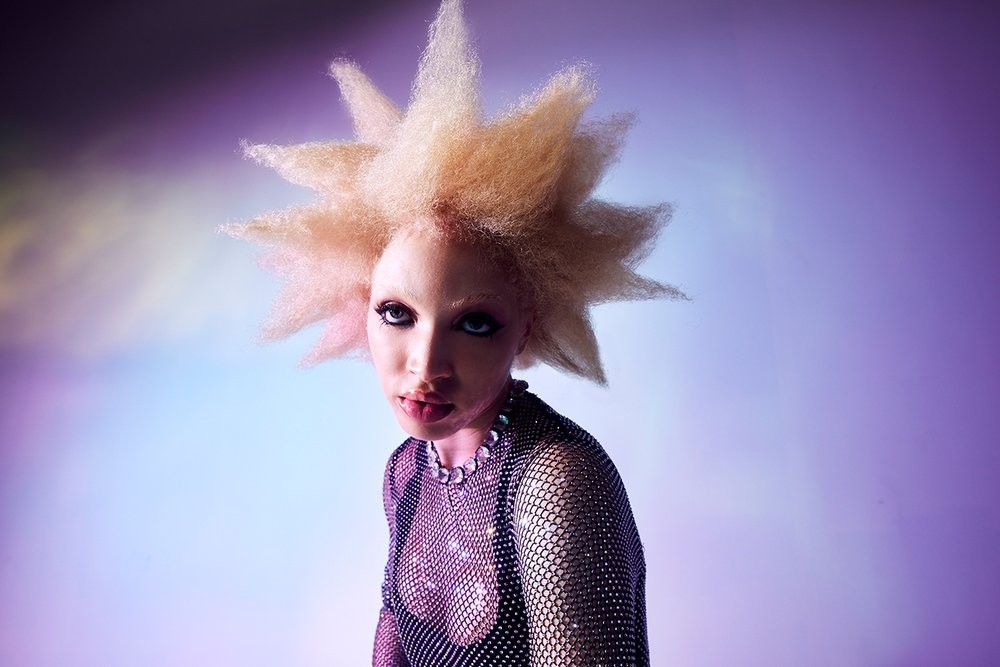
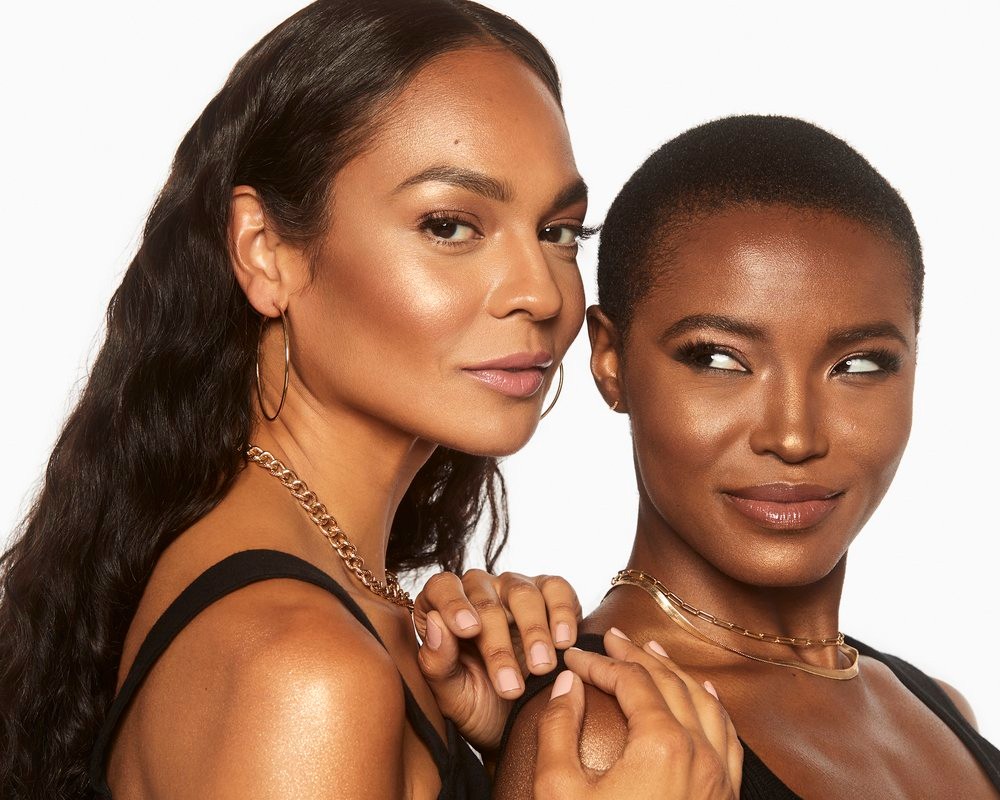
As always, we appreciate you sharing your insights and we’ve got a few more questions for you, but before we get to all of that can you take a minute to introduce yourself and give our readers some of your back background and context?
I am a commercial beauty photographer and director, known mostly for studio work. Someone recently used the word “crisp” when describing my work which was a huge compliment because I always strive for that crisp, clean, fresh aesthetic which I accomplish through my lighting and retouching techniques. Lighting has always been an integral part of my creative process and by shaping light I can create whatever mood I am trying to accomplish for any given shoot.
My creative process evolved during the pandemic. Even though we were challenged in more ways than we could have ever expected, it gave me the time to learn the skills needed to be able to shoot, direct and edit my own motion work, so that I can now offer that to my clients!
Motion has become such a huge part of the commercial and advertising world and was something that I had on my to-do list for years. I found that while having a good eye helps in the production of good video, it does require a new set of skills, a completely different mindset and new techniques when directing models. Everytime I shoot and edit new video work, I learn something I never knew and it helps to inform my future work. The best way to learn is by doing, so I will continue to be a doer.
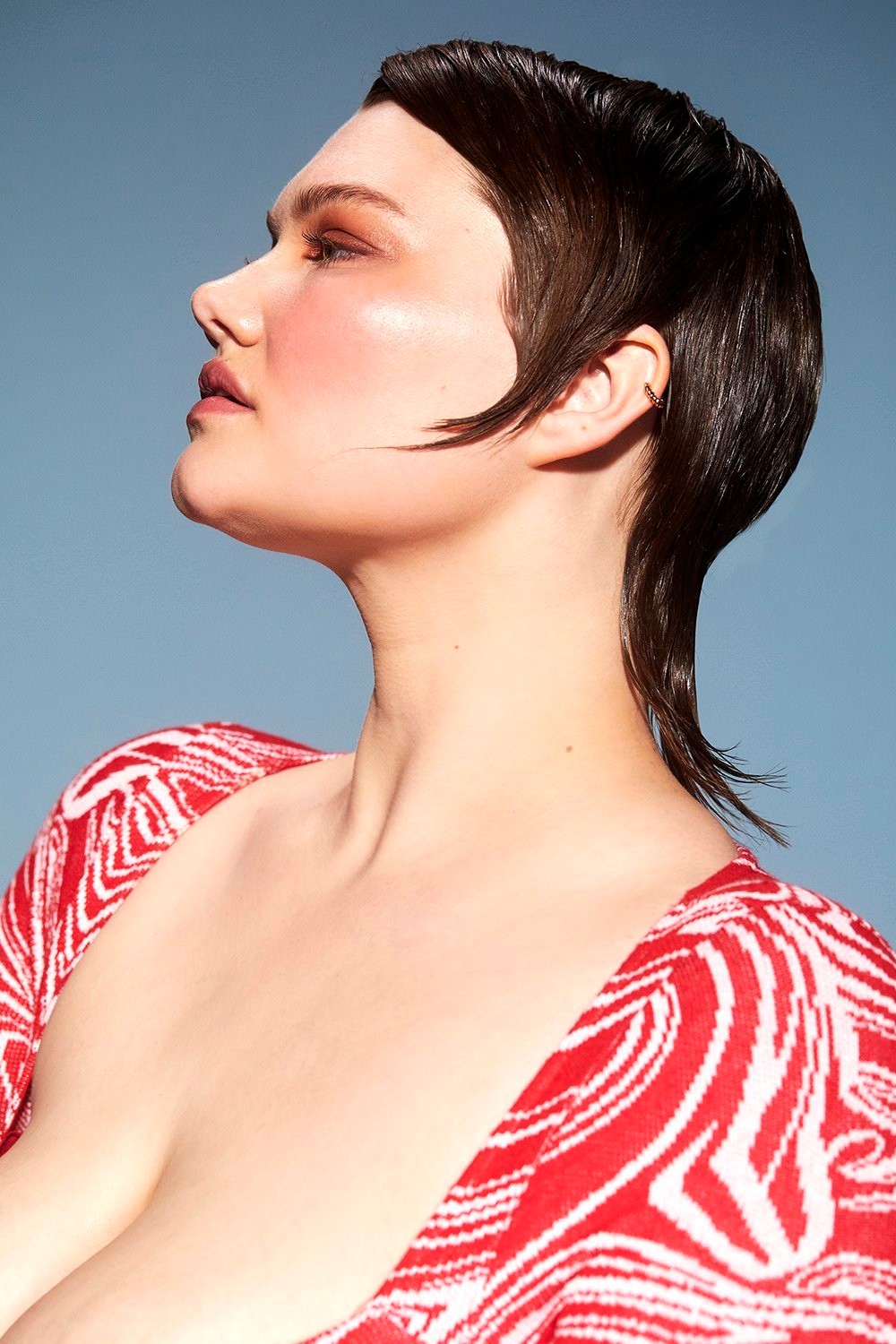
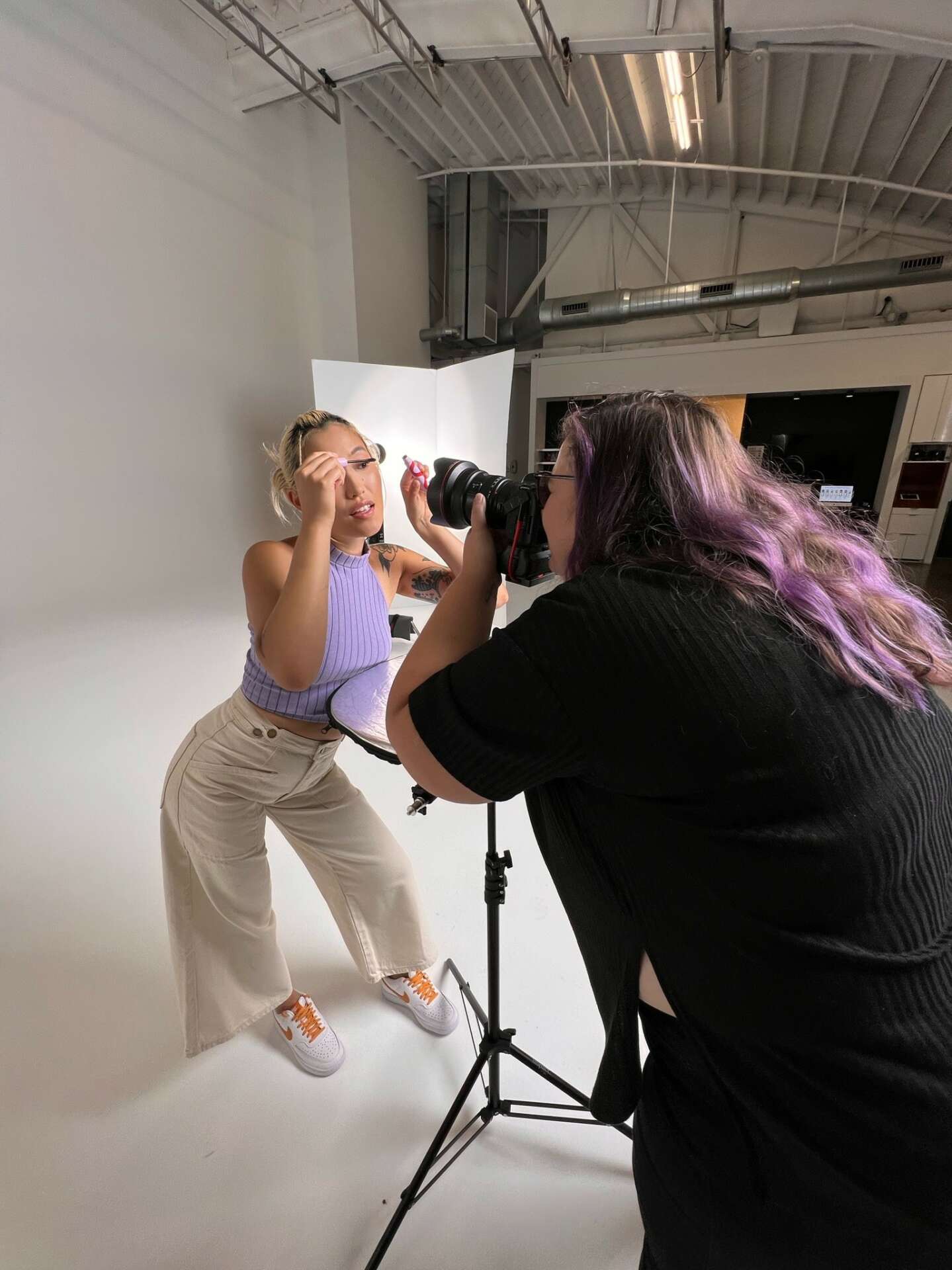
Any stories or insights that might help us understand how you’ve built such a strong reputation?
When clients or models work with me, they are not just getting a professional photoshoot, they are getting a collaborative experience. I pride myself on making everyone on set feel comfortable, especially those in front of my lens. I keep my shoots fun, uplifting, energetic and positive, while of course getting the shots we need. Positive vibes only! In addition to having a positive set, my technical skills have propelled me forward in this industry. Going back to the first question, knowing my skill, perfecting my skill and always working towards creating my best work has kept clients coming back shoot after shoot.
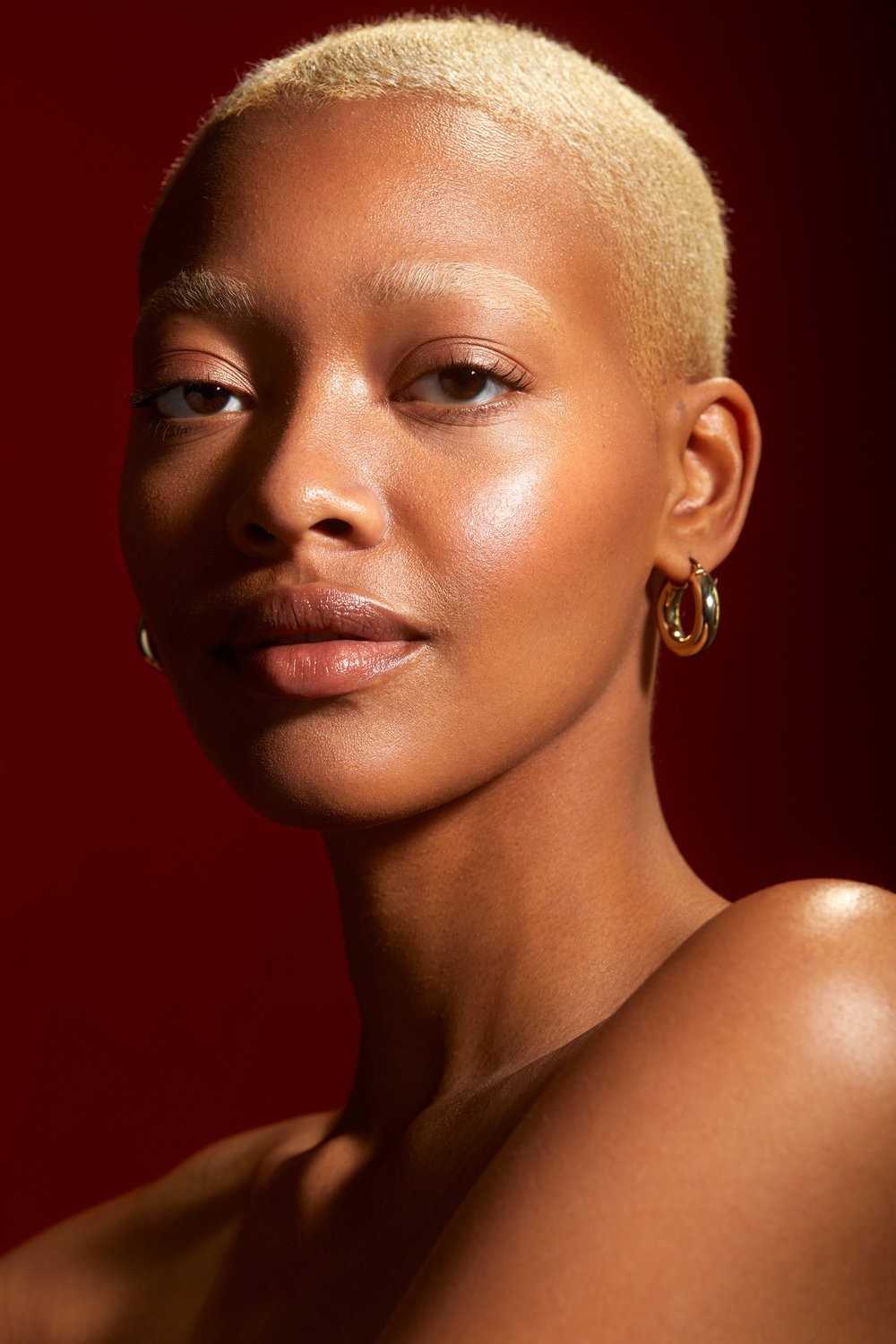
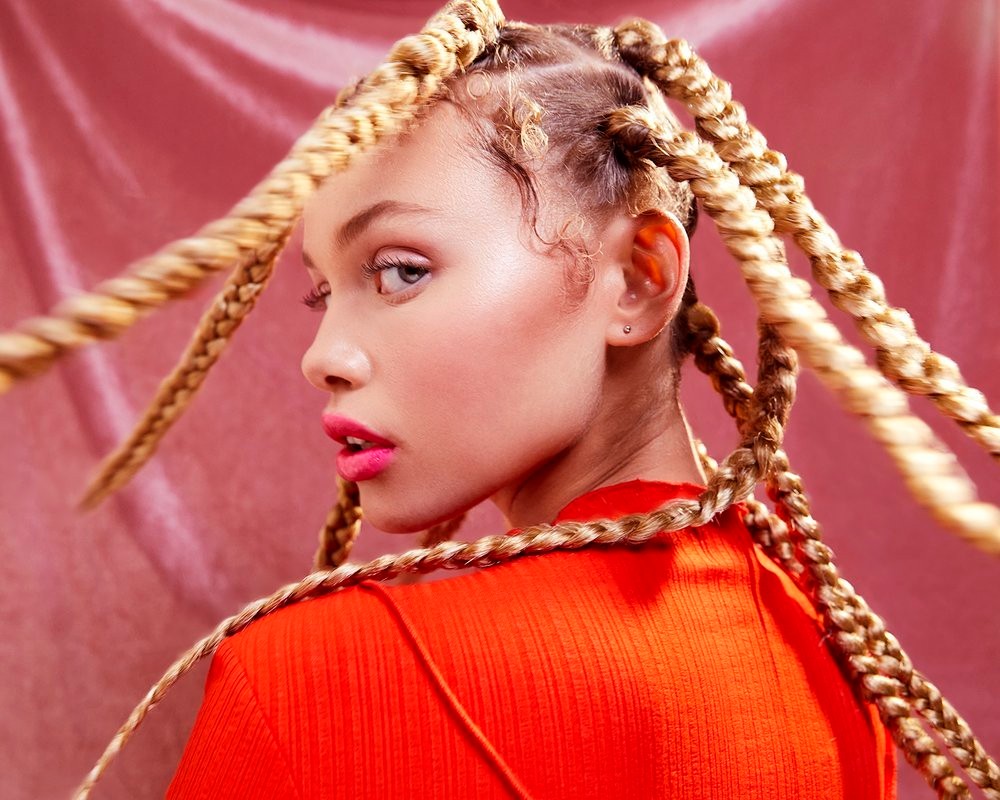
For you, what’s the most rewarding aspect of being a creative?
Everything!!! I am very lucky to do what I love and build something of my own every day of my life. While the freelance hustle can sometimes be scary and unpredictable it is also very rewarding. I get to take my life long hobby, and passion and build a life for myself fully immersed in this creative world.
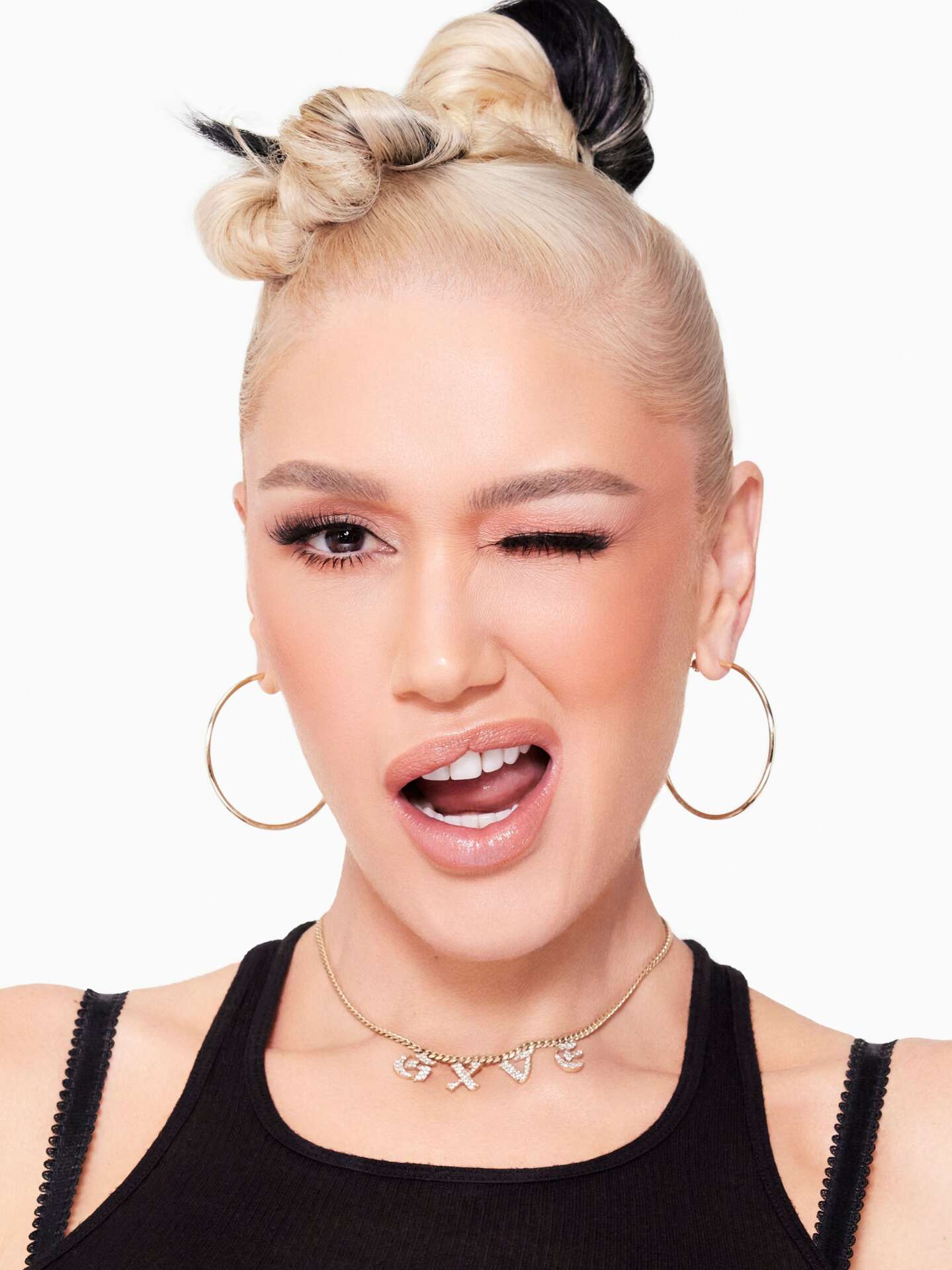
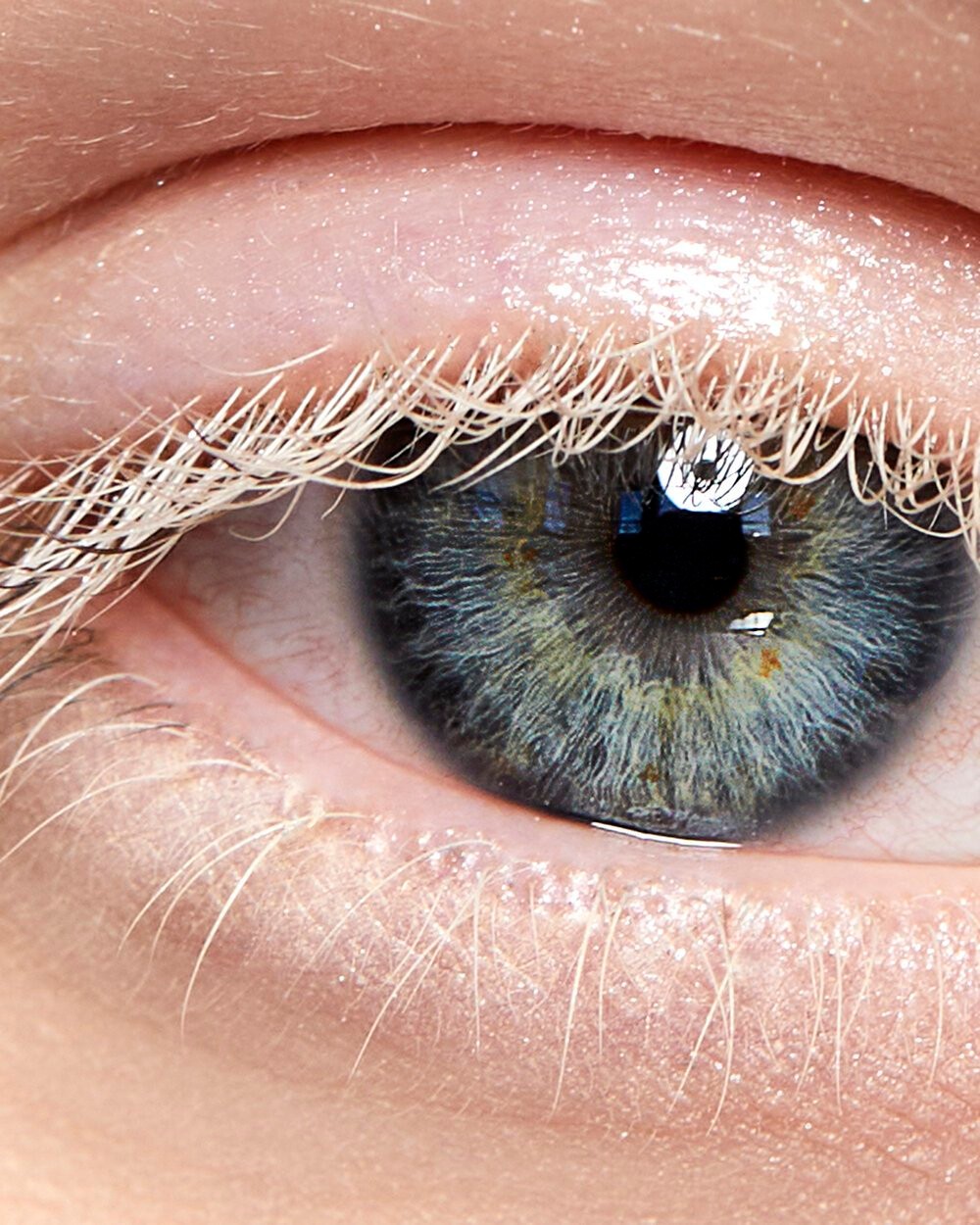
Contact Info:
- Website: https://www.rebeccagrantphoto.com/
- Instagram: https://www.instagram.com/rebecca_grant_studios/
- Linkedin: https://www.linkedin.com/in/rebecca-grant-studios/
- Youtube: https://vimeo.com/user135810321
Image Credits
Thanks to the following people: Amy Galibut, Maddie North, Jordan Alex, Brendnetta Ashley, Anna Schilling, Tony Avina, Darbie Wieczorek, Adam Burrell, Suzette, Veronica Nunez, Daisy Stackpole, Elysa Quintella, Noelle Nance, Marley, Isabel Hendrix, Kacy Owens, Brittany Mason, Gwen Stefani, Taylor Kramer, Katelyn Simkins


